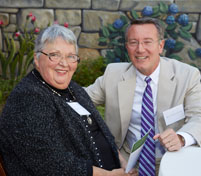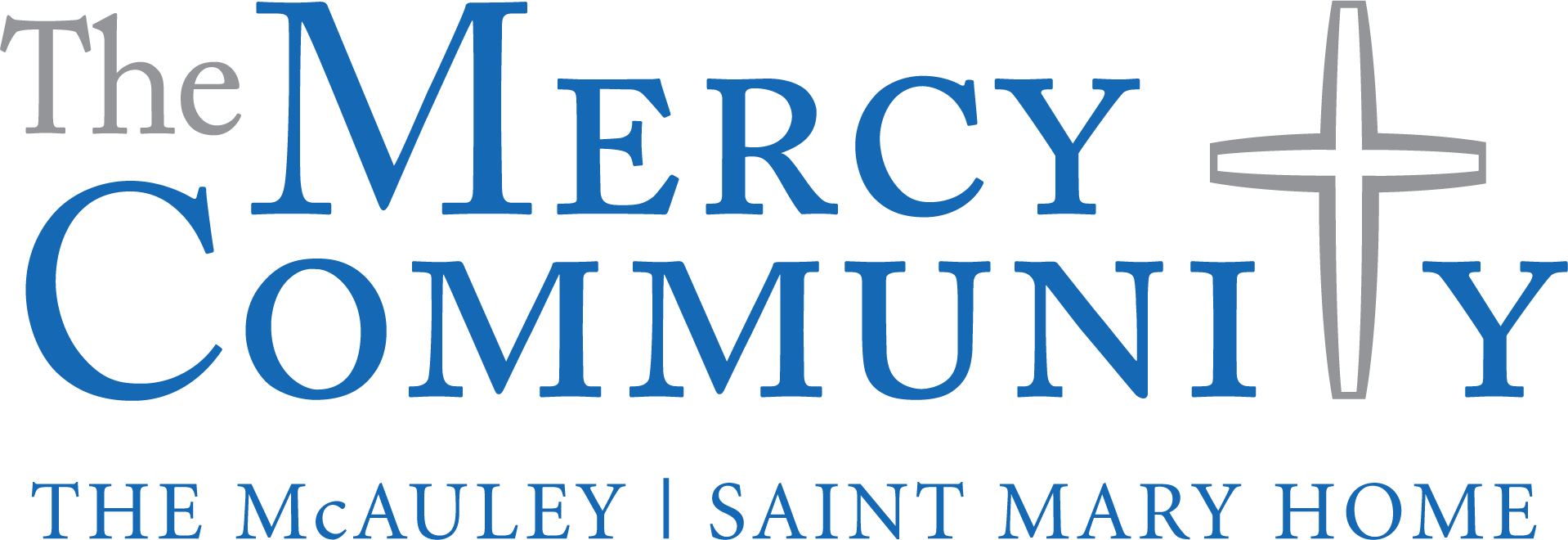Planned Giving
 Perhaps you’ve heard the term “planned giving” but aren’t exactly sure what it means. Simply put, planned giving means that you’ve planned to make a charitable gift to a cause that is important to you and therefore make arrangements for that gift to be a part of your estate plan. Your commitment to making a gift is made in the present, while the gift itself is given to your charity of choice in the future. Donors of planned gifts also benefit from tax savings, some in the year the gift is arranged.
Perhaps you’ve heard the term “planned giving” but aren’t exactly sure what it means. Simply put, planned giving means that you’ve planned to make a charitable gift to a cause that is important to you and therefore make arrangements for that gift to be a part of your estate plan. Your commitment to making a gift is made in the present, while the gift itself is given to your charity of choice in the future. Donors of planned gifts also benefit from tax savings, some in the year the gift is arranged.
There are a variety of ways to make a planned gift to The Mercy Community. Some gifts may require a little more attention, but other charitable gifts are surprisingly easy to make. We hope that you join other benefactors who have demonstrated their commitment to our Mission over the years by making a planned gift and creating a lasting legacy.
Please call Maureen Reardon, RSM, Ph.D. at 860.570.8339 or e-mail her at mreardon@mchct.org to discuss which type of gift best fits your intentions.
Planned gifts generally fall into these categories:
Bequests
A bequest is an instruction in your will or trust that directs money or property from your estate to a specific person(s) or organization. A very simple bequest would read as follows:
I bequeath to The Mercy Community, a charitable institution located at 2021 Albany Ave., West Hartford, CT, 06117, $_____________ from my estate.
Donors can specify a specific dollar amount or a percentage of their estate be given to The Mercy Community or one of its ministries. Unrestricted gifts are most helpful, as they allow our Board of Directors to determine the best use of your gift.
If you have a will or trust already drawn up, your attorney can make a simple amendment to your will called a “codicil” that can bequeath a gift to The Mercy Community or one of its ministries. Any gift, no matter the size, is very important and most needed.
Gift Annuities
A Charitable Gift Annuity is a simple contract between you (the donor) and The Mercy Community. Simply stated, in exchange for your gift, The Mercy Community, with the financial backing of Trinity Health, Inc., will pay you a fixed annual income for life. The income you receive will depend on your age and the amount of the gift. Here’s an example of how this planned gift works:
Mary (age 76) and John (age 77): John was recently a resident at Saint Mary Home and would like to make a donation to The Mercy Community to show his appreciation. After speaking with the Development team, Mary and John decide that a Charitable Gift Annuity can help them generate additional income and reap tax advantages while making a gift at the same time.
- Mary and John currently have a $50,000 CD at their local bank, earning 2 percent interest, whose term is due.
- To help them earn more income than this CD generates, Mary and John decide not to renew their CD but instead use it to make a gift to The Mercy Community by writing a Charitable Gift Annuity.
- Mary and John present their check to The Mercy Community, which deposits it into a high-performing account. From this account, Mary and John will receive an annual fixed income for the rest of their lives.
- Based on their ages and according to the rate tables established by the American Council on Gift Annuities, Mary and John will receive $3,250.00 annually at a rate of 6.5 percent for life. For a certain period of years, a large portion of this income is tax-free. Additionally, Mary and John will receive a $16,789 tax deduction for the year in which they write their gift.
- Should one spouse outlive the other, the surviving spouse will continue to receive the guaranteed annual fixed income.
- When both Mary and John have passed away, The Mercy Community will receive the balance of the original $50,000 gift.
Charitable Gift Annuities may be written for one or two persons. There are many tax advantages associated with writing such a planned gift.
It is very easy to arrange a Charitable Gift Annuity. Proposals can be quickly generated using various gift amounts to show you how different size gifts provide different levels of income. Gifts written with appreciated stock can offset the payment of capital gains tax. No attorney is needed, but we advise you review the information with your financial advisor.
Charitable Remainder Trusts (CRT)
A Charitable Remainder Trust is a trust that provides income to a donor (or others) for life or for a period of time that cannot exceed 20 years. The annual income is based on a percentage of the trust assets, which are valued annually (the income cannot be less than 5 percent and not more than 50 percent of the trust). The percentage that is paid is irrevocably set at the time the trust is created. At the termination of the trust, the remainder is paid to The Mercy Community (or one of its ministries), which was specified as the beneficiary at the time the trust was created.
CRTs offer a great deal of flexibility. Payments are made to the donor for life and then may be directed to a spouse or another beneficiary after death. A CRT may be set up to be executed during one’s lifetime or may be established by a will. The eventual distribution of funds to the charitable organization will take effect only at the death of the trust’s income beneficiaries.
Donors who create CRTs often receive significant tax advantages that they would not realize otherwise, especially if the trust is set up with assets in the form of appreciated stock, thereby avoiding capital gains tax. Creating one or more of these trusts frequently enables the donor to realize greater disposable income. CRTs are generally for $100,000 or more.
Charitable Lead Trust
A Charitable Lead Trust is the reverse of a Charitable Remainder Trust. Here, a donor transfers funds to The Mercy Community for a certain period of time, after which the principal is returned to the donor or some other person specified by the donor.
Donors do not receive a charitable deduction for federal income tax purposes on the creation of a lead trust unless they choose to be taxed on the trust income. Generally, this type of trust is not funded with highly appreciated assets, which would need to be sold in their entirety at the outset to fund payments from the trust. A Charitable Lead Trust is best funded with high-yield property with a low-cost basis.
A Charitable Lead Trust allows the ultimate transfer of the property to be made at a lower transfer cost. Charitable Lead Trusts are sensible for a donor whose family can afford to relinquish the income from the gifted property during the term of the lead trust.
It is possible to establish a lead trust either during one’s lifetime or in a will. A Charitable Lead Trust can substantially reduce the estate taxes payable at the time of death because of the deduction for the charitable organization’s interest in the annuity or unitrust payment.
Pooled Income Funds
A Pooled Income Fund is a fund that is made up of gifts from a number of donors. Each donor receives a pro-rata share of lifetime income. Similar to a mutual fund, the donors’ funds are invested with other donors’ funds. All donors benefit from lower overall asset management fees and higher yields. When the donor dies, The Mercy Community receives the donor’s portion of income. Typical gift sizes for a pooled income fund are between $5,000 and $75,000.
Pooled Income Funds combine powerful tax benefits with a lifetime stream of income for the donor, especially if the assets used are in the form of appreciated stock where capital gains tax can be avoided. Many up-front tax advantages are available to those who make a charitable gift through a Pooled Income Fund.
